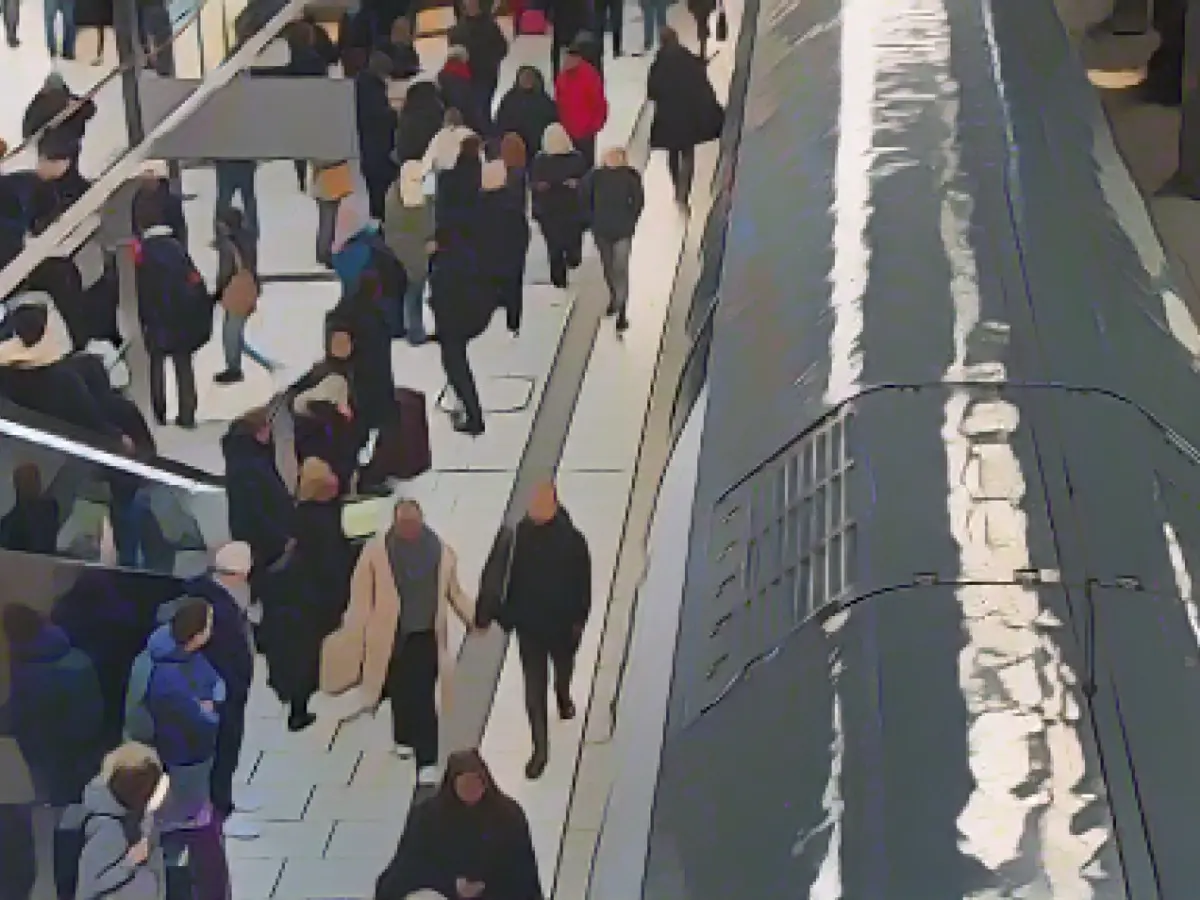Grappling with Reading and Writing Struggles in Germany and Beyond
A staggering 6.2 million people across Germany, aged between 18 and 64, grapple with challenges in reading and writing, according to a nationwide study. In the state of Hesse alone, the Ministry of Education and Cultural Affairs estimates that 630,000 individuals within this age group harbor literacy issues. Putting this into perspective, Hessian Adult Education Association Director Christoph Köck underscores the magnitude of the issue, stating, "If you look at how many people we reach and come to us, and put that in relation to the number of people affected, then that is an absolute drop in the ocean."
Encountering Challenges in Extending Education Opportunities
Tackling these low literacy levels often proves complex, as people who require basic education courses find it challenging to participate. The Ministry of Education spokesperson attributes this to the relatively low uptake of further education courses in the field of basic education and literacy, which the 2018 Leo Study corroborates.
Persistent Efforts to Bridge the Gap
Köck highlights the various efforts made to combat low literacy, including engaging not only those struggling directly but also their families and workplace environments. These initiatives can yield results, but as Köck emphasizes, they demand substantial human resources for systemic, long-term change.
The Untapped Potential of Those Struggling with Literacy
Despite widespread perceptions of deficits, there exists an often-overlooked potential among those with literacy struggles. Low-literacy individuals often possess alternative skills, such as spatial understanding or manual dexterity. Hans-Friedrich Lammers, in charge of basic education at Kassel Region Adult Education Centre, underscores this reality, acknowledging that "it is underestimated that those affected often have other skills."
Addressing Social Discrimination and Promoting Inclusion
The most significant hurdle to overcome is social discrimination and the shame surrounding low literacy. Kerstin Goldenstein, a member of the umbrella organization Alfa-Selbsthilfe, emphasizes that individuals do not feel comfortable discussing their struggles, fearing judgement and stigmatization. Reflecting on her personal experience, Goldenstein admits that she hid her own struggles throughout her professional life.
Spearheading the Change: Community Involvement and Policymaking
Overcoming stigma requires societal evolution and acceptance of individuals with low literacy levels. This transformation starts by breaking the taboo surrounding illiteracy, embracing early language support, and providing both teachers and students with awareness-raising and further training opportunities. Self-help groups also offer a valuable, supportive environment for those affected.
The Role of Online Learning Platforms in Digitalization
Increasing digitalization has brought both opportunities and challenges for individuals with low literacy levels. Platforms such as the vhs learning portal, funded by the Federal Ministry of Education and Research (BMBF), help those struggling to navigate the digital world. With offered courses like literacy, basic education, and German as a second language, the vhs learning portal caters to the unique needs of its users.
However, the barriers to digital literacy persist. Cumbersome contract regulations, forms, and password systems can overshadow digital's potential as a discreet, accessible learning medium for this demographic. Limited financial resources and access to technology frequently hinder those affected from participating in online education services.
Concluding Remarks
Addressing and mitigating low literacy levels in Germany and Hesse necessitates a multifaceted approach. Strategies such as education system reform, digital literacy programs, culturally sensitive interventions, community collaborations, stigma reduction, and inclusive policies can help effect change and overcome discrimination. By prioritizing literacy and embracing innovation, both individuals and society as a whole can thrive and grow.
References








